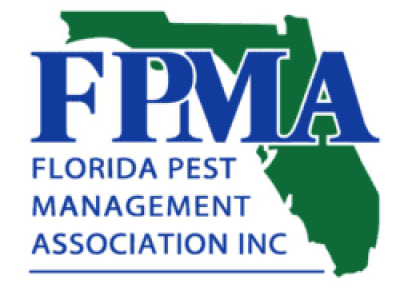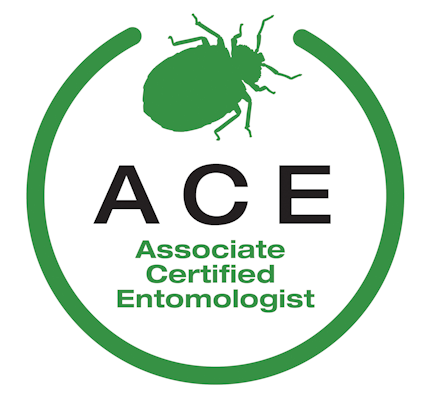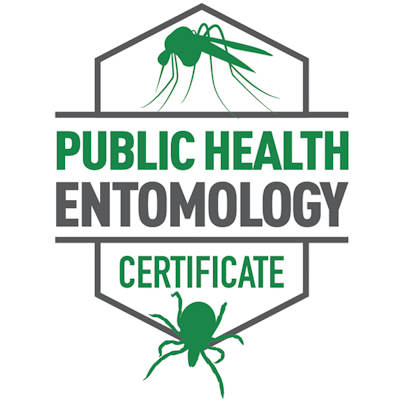Hornet Pest Control
How we treat:
Hornets
We’ll use our expert knowledge of hornet biology to effectively and safely prevent and protect your home like it was our own. See how.
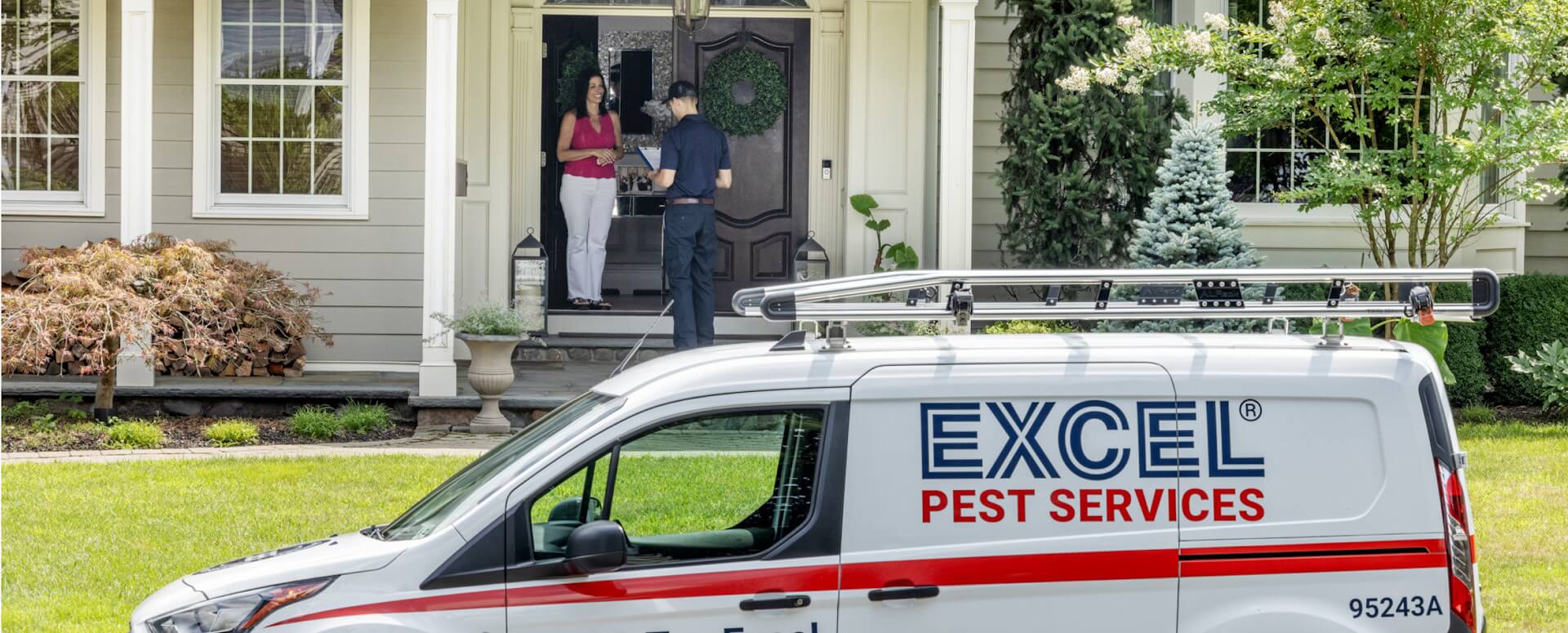
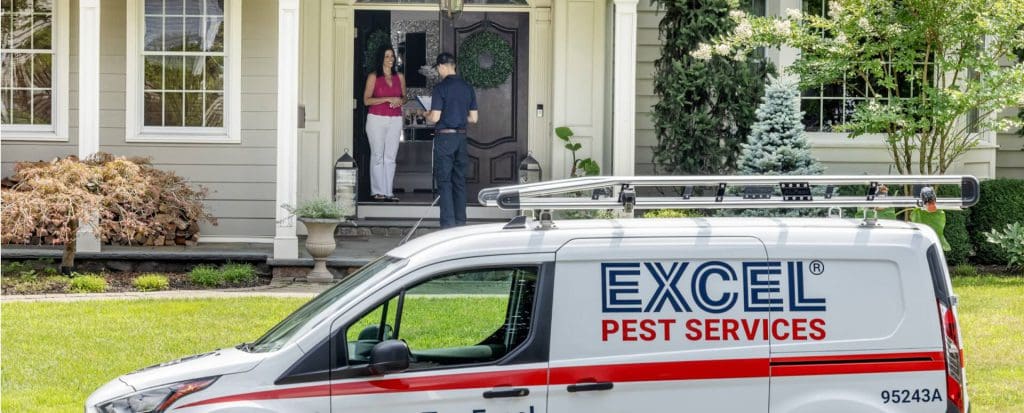
Getting rid of hornets is as easy as 1, 2 and 3
INSPECT
We locate and identify hornet nest sites to determine size and aggressiveness of the colony, uncovering how they get in and what’s attracting them.
TREAT
We then implement a targeted treatment plan, often applying insecticides directly to the nest. Protective measures are used ensuring the safety of homeowners and our experts.
PREVENT
The nest may be removed after treatment and measures like sealing entry points and reducing attractants may be suggested.

Excel’s proven process
Our proven approach to delivering a pest-free, worry-free environment. Guaranteed.
Inspect
We’ll inspect your home inside and out, and top to bottom to spot current and potential pest problems.
Identify
We’ll assess and correctly identify any active pests. Pest species and biology is considered to choose the right treatment option.
Treat
We’ve identified your pests, now we’ll treat them using safe and effective treatment methods with only EPA registered products.
Report Back
We’ll provide service reports via email letting you know who was there, what they did, and what happens next.
Monitor and Maintain
We’ll prevent pests from returning with our ‘set it and forget it’ maintenance plan. Keeping you one step ahead of mother nature.
Feel Excel-lent
You’ll feel great and rest easy knowing your home, family and pets are in good hands.
Testimonials
Your neighbors love us.
Pests, not so much.
“I’m definitely as environmentally conscious as I can be…a lot of these companies come out and they say, we’re the professionals, we’ll take care of it. You just cut us a check and don’t worry about the details. The fact that you explain the details matters a lot.”
“I did talk to a number of pest control companies, and when I considered the value of their being willing to come out anytime I have a problem I went with them. That freedom to just call is very valuable to me.”
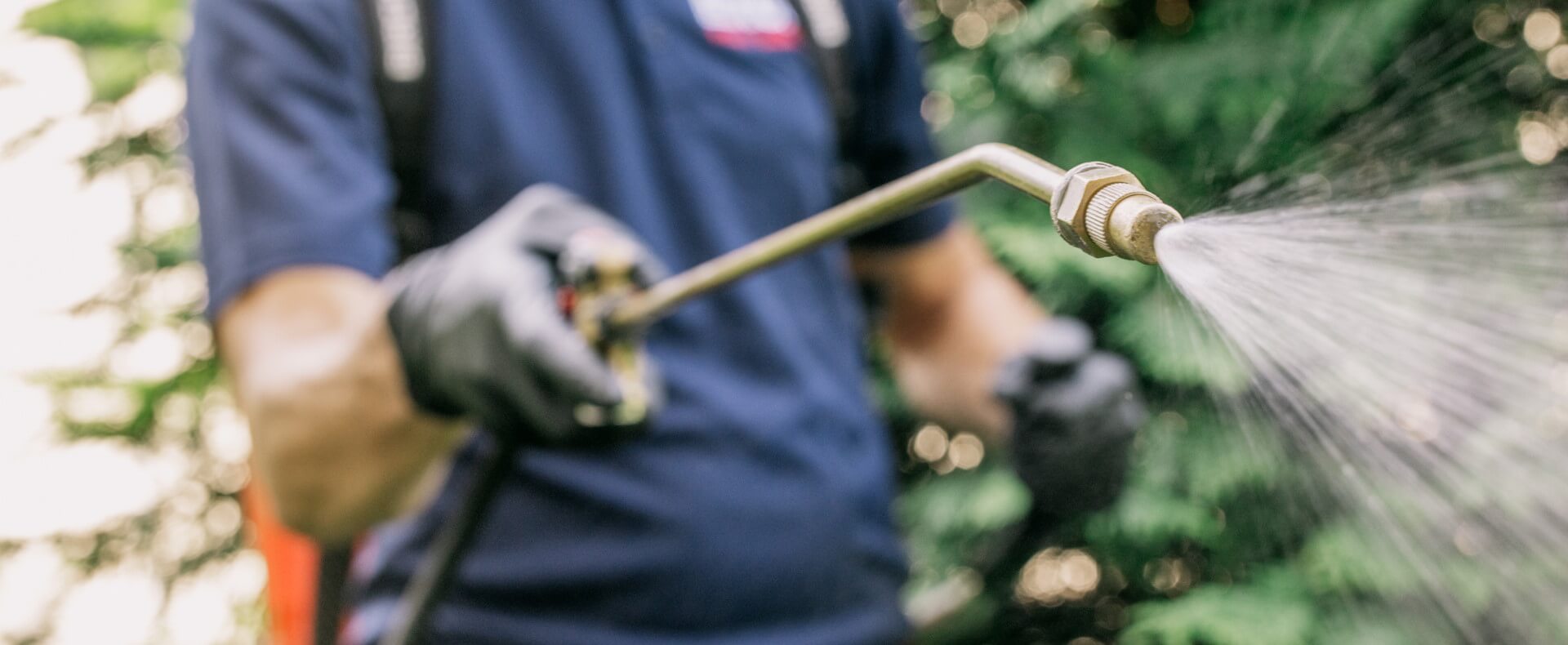
Quick reference
Frequently asked questions
What do hornets look like and why are they concerning?
Hornets are a very large type of wasp that are similar in appearance to yellow jackets. They have four wings and six legs, along with a rounded abdomen and a thin waist between the thorax and abdomen. The area of their heads that is directly behind the eyes is wider on hornets than other wasps. Hornets are passive creatures who tend to avoid conflict. However, they may become aggressive if they feel threatened, which is usually when someone or something gets too close to their nest. Hornets have a very painful sting, and unlike bees, they can sting more than once. Someone with an allergy to wasp stings will probably be allergic to hornet stings as well, and should exercise extra caution around hornets. Whether allergic or not, multiple stings can be extremely dangerous if not treated.
Where do hornets live?
Like some other wasps, hornets build large nests by chewing wood to make a type of pulp. They will build their nests in a variety of places. Typically, they are in high places like attics, treetops, eaves, hollow tree trunks, sheds, garages, and other places that are raised off the ground. Hornets will also build nests underground, sometimes in abandoned rodent burrows. They will spend the winters in tree bark, rotten logs, or crevices in the siding on buildings.
Why do I have a hornet problem?
Hornets are attracted to buildings because they often provide protected, hard to reach nooks that are perfect for their nests. They are also close to food sources, including flowers and garbage. When a hornet is killed, its body will release pheromones that attract more hornets to the area in which it was killed.
When are hornets active?
Hornets are most active during the spring and summer due to their reproductive cycle. Hornet queens emerge to start building nests and laying eggs in the spring. During the summer, the eggs hatch and develop into adult hornets. These new adults will leave their nests to mate and new fertile queens will be born. These queens are the only ones that will make it through the winter, and once spring arrives again, they will start a new cycle of laying eggs. Hornets work through the day and night. They rest during the early hours of the morning, and are active again after the sun rises.
What’s the best way to prevent a hornet infestation?
In order to avoid hornets around a home or business, it is important to limit potential nesting areas by keeping bushes and trees trimmed, thinned, and open. Hornets are attracted to food sources, so all garbage cans around the property should be covered, and no food scraps, pet food, or bags of bird seed should be left out. Hornets are also attracted to certain perfumes, so limit the amount worn while outside. To get rid of hornets on your property call EXCEL today and have one of our experts visit you and destroy the nest.





If pests come back so do we. Guaranteed.
The Excel “Worry Free-Pest Free” Guarantee.
Partnering with us means we’ve got you covered all year long – with free return service visits, anytime. If you need us, call us. We’ll be there. It’s one more way you can Excel and exhale.
Talk to us today.

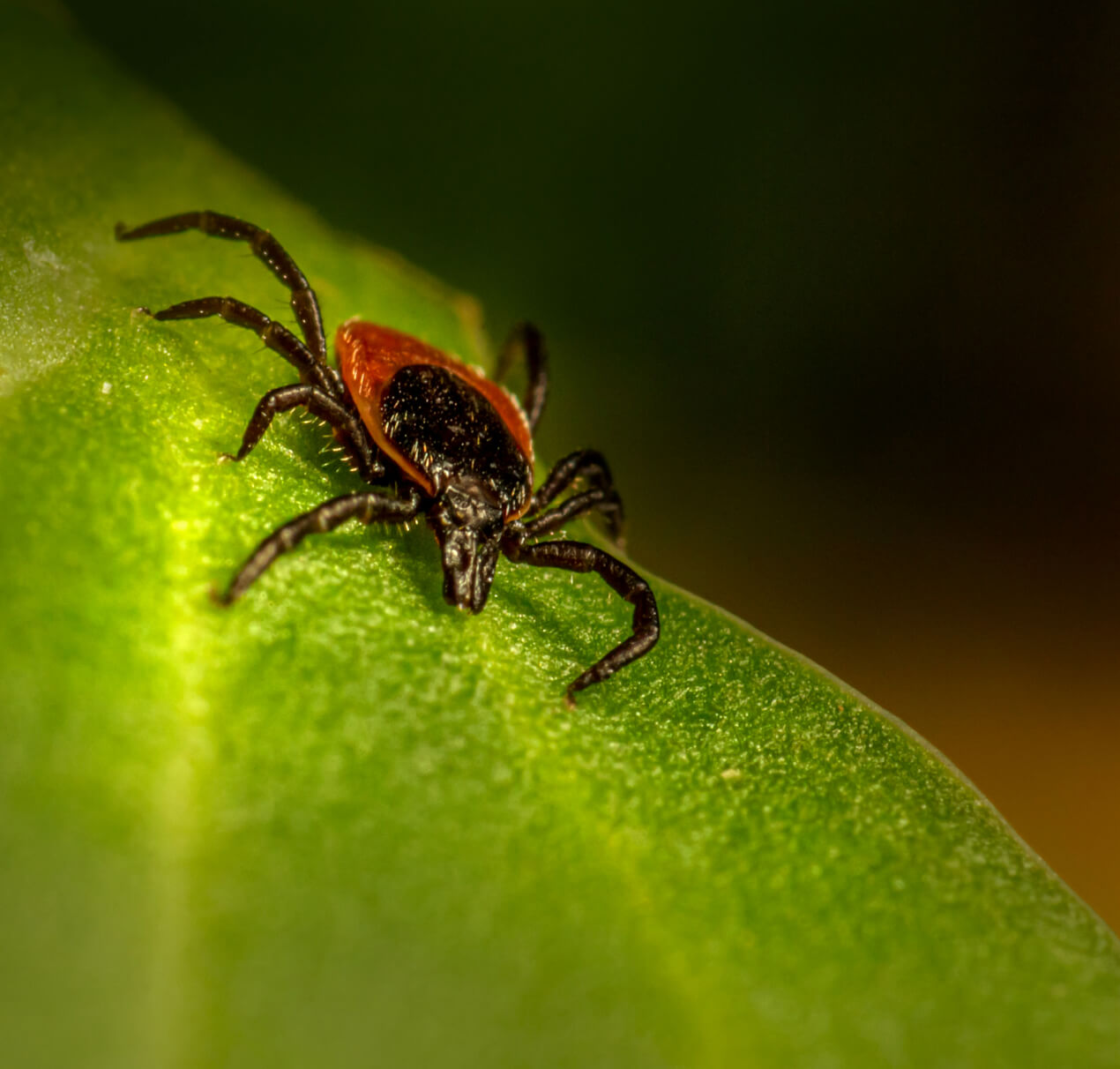

You’ll be supporting research into Lyme disease, too.
Choosing Excel helps us support the John Hopkins Lyme Research Center. You will help them advance the critical knowledge and clinical tools urgently needed to improve Lyme disease patient care and health outcomes.
The Company
We Keep
